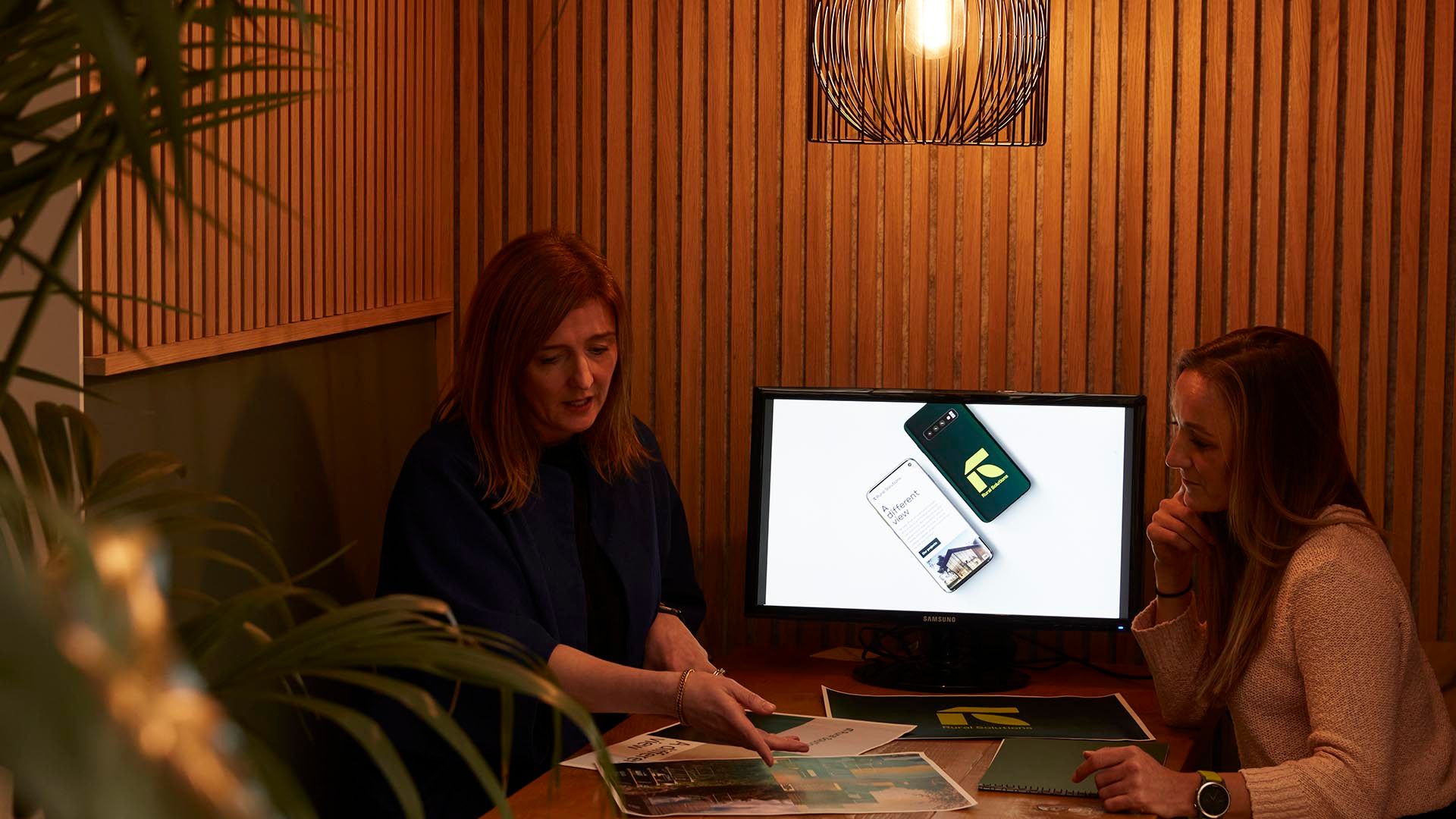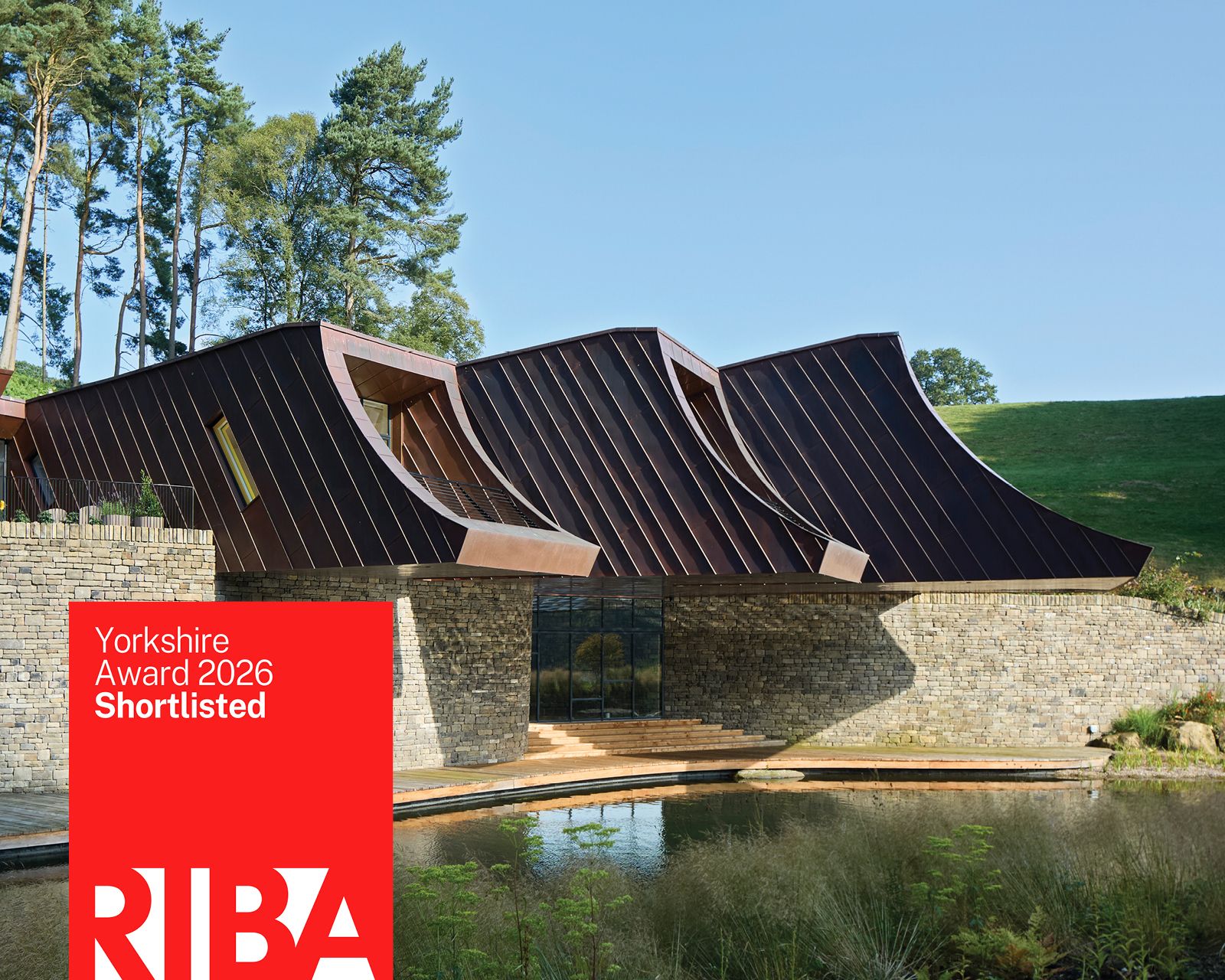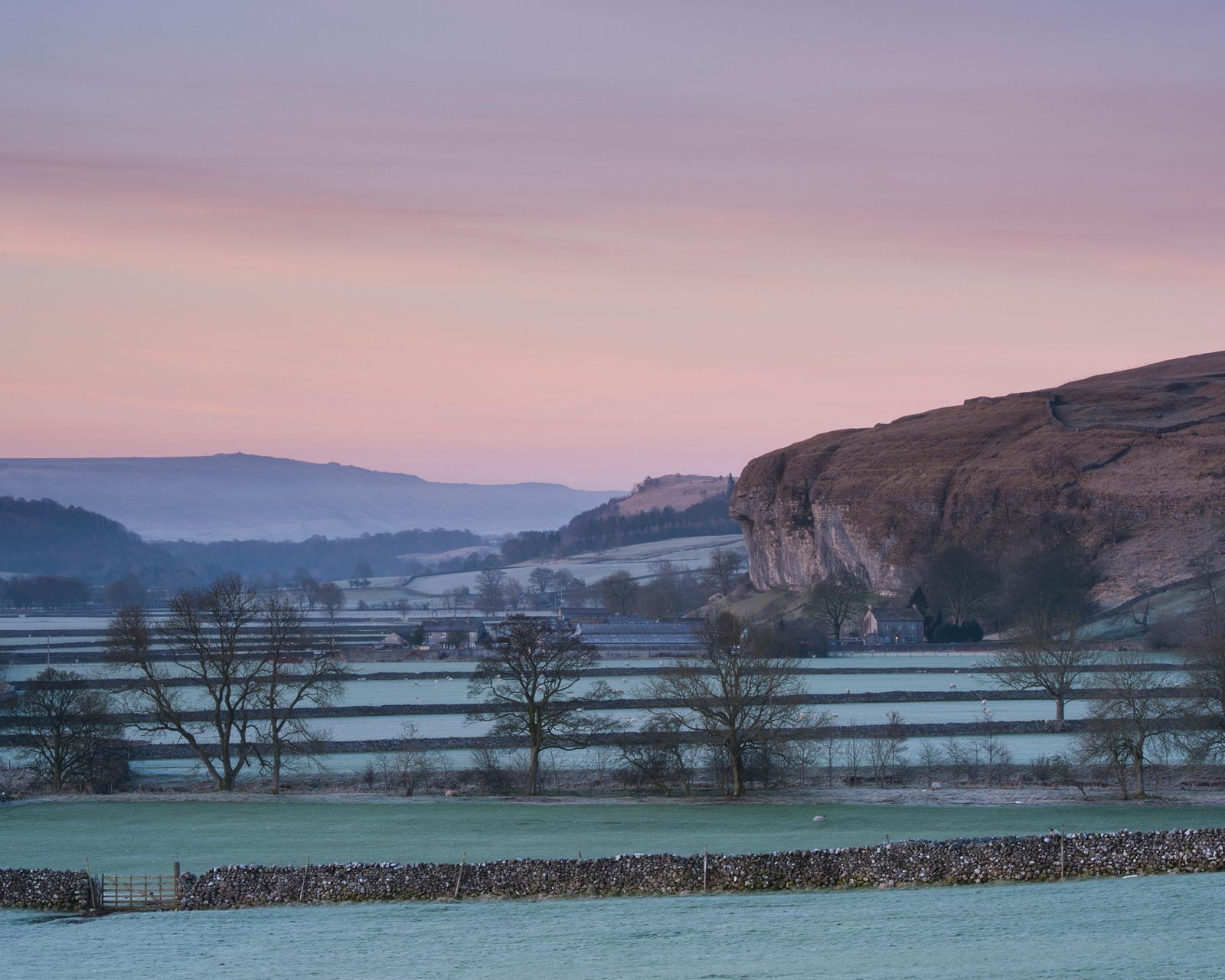Succession: beyond the balance sheet
By Sally Ormiston | 17.10.25
Succession. It can be a loaded term, which, if we were to take the hit US TV show of the same name as our barometer, can sometimes be a brutal battle or insidious game of familial chess.

Thankfully, the drama played out by the fictional TV family is far removed from our experience of intergenerational change across rural Britain. That’s not to say succession isn’t a challenging and at times, emotionally charged business.
Complex decision-making
Rural estates have many facets. They encompass land, property, farms, equipment, and often significant natural, cultural, and heritage assets. They’re also family homes and businesses, shaping the lives of the owners, the local area, and the community over centuries.
As inherently complex entities, with both physical and human factors at play, planning the handover of assets and responsibilities to the next generation can be a complicated process. The legal, tax, and financial implications alone can be labyrinthine, and are often the dominant influence on when and how planning takes place.
While financial imperatives are valid, and increasingly urgent, long-term success depends on a broader set of human, cultural, and operational dynamics. It is these, rather than balance sheet issues, which can make or break the transition.

A generational shift
Changes to inheritance tax are likely to encourage earlier transfer of assets and business control, prompting intergenerational conversations that may previously have been avoided. This will create space for all options to be explored and clear decisions to be made.
Younger generations are increasingly stepping into leadership roles while the older generation remain active. This overlap requires clarity around roles, governance, and shared values. It’s not always straightforward, as priorities shift, and successors often feel a deep sense of responsibility. This responsibility is not only to the estate, but the family, its traditions, and the wider community. Balancing preservation with progress is one of the most nuanced aspects of succession.
When supporting estate families, our role at Rural Solutions is to understand – and sometimes reconcile, these values, needs, and aspirations. This helps shape a shared vision and determine the investment and development plans needed for the estate to thrive in the hands of the next generation.
We often hear the frustrations of younger family members who feel constrained in implementing new ideas, and the concerns of incumbents who fear the risks of change or the burden of passing on liabilities. These tensions are natural and need space to be acknowledged and addressed.
Younger generations often bring a stronger awareness of how land and the natural environment can help address climate change along with a sense of responsibility for regenerating natural resources. This perspective can require a shift in traditional land management approaches, helping long-standing farm managers and tenants embrace new ideas and, in turn, unlock fresh opportunities to generate income from natural capital.
Another noticeable shift is that estates once run privately are now adopting more outward-facing models, such as launching visitor enterprises or expanding community access. While often driven by financial need, this transition brings greater public scrutiny, particularly around new developments, and can feel daunting for those new to leadership.

Planning for success
With what can feel like an overwhelming list of both practical and emotional factors, how can estates approach succession in a way that looks beyond just legal and financial planning?
The biggest challenge is long-term viability. Older generations may worry about handing over liabilities, while successors fear making irreversible changes. Viewing succession as a relay rather than a one-off transaction can be helpful. Each generation contributes a leg of the journey, shaping both legacy and future.
This is where we recommend taking a ‘whole estate’ approach. Considering the needs and wants of beneficiaries, and how land and property assets may present opportunities for development and diversification to meet these. It’s not just about financial return – it’s about defining purpose. For many successors, the estate is not just an inheritance but a foundation for their lives and careers.

A strategic approach
Whether preparing for succession, navigating transition, or newly at the helm, a strategic approach to long-term planning is advisable. For some estates, the strategy may be cautious, focused on maintaining the status quo and covering essential costs. For others, ambition may lead as families reimagine the estate to preserve its heritage, while generating income through new commercial ventures.
Developing an estate-wide strategy or masterplan can be invaluable, whether in preparation for succession or during the transition itself. This process helps clarify the estate’s purpose and vision, ideally one that is agreed across generations. That shared vision then acts as a guiding ‘north star,’ shaping decisions around assets, opportunities, and the mix of activities needed to achieve long-term goals.
This approach can bring families and stakeholders together, assess opportunities, guide investment, shape development, and support successful outcomes by creating clear, actionable roadmaps for the future.
While succession may start with the balance sheet, lasting success depends on shared vision, values, and the ability to adapt across generations.
Get in touch
As specialists in strategic rural planning and design, Rural Solutions help estate owners to shape strategies and development projects for long term success.
For further information or to discuss a requirement please call us on 01756 797501 or email info@ruralsolutions.co.uk we'd be delighted to have a chat.
Sally Ormiston is a Director at Rural Solutions
This article was originally published in Land & Business Succession Planning Supplement October 2025 - the magazine for CLA members.
We are using cookies to give you the best experience on our website. You can find out more about which cookies we are using on our cookie policy.


